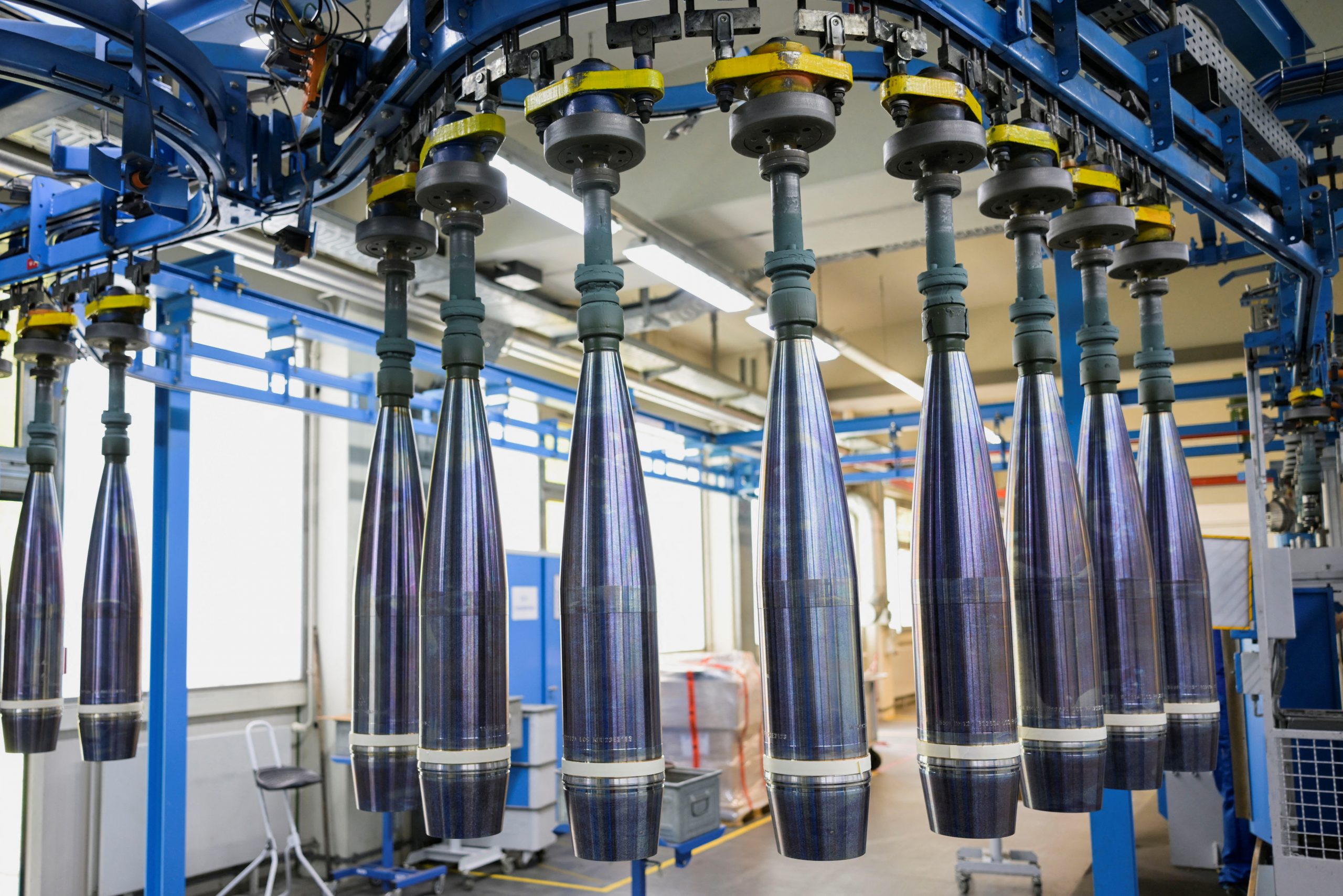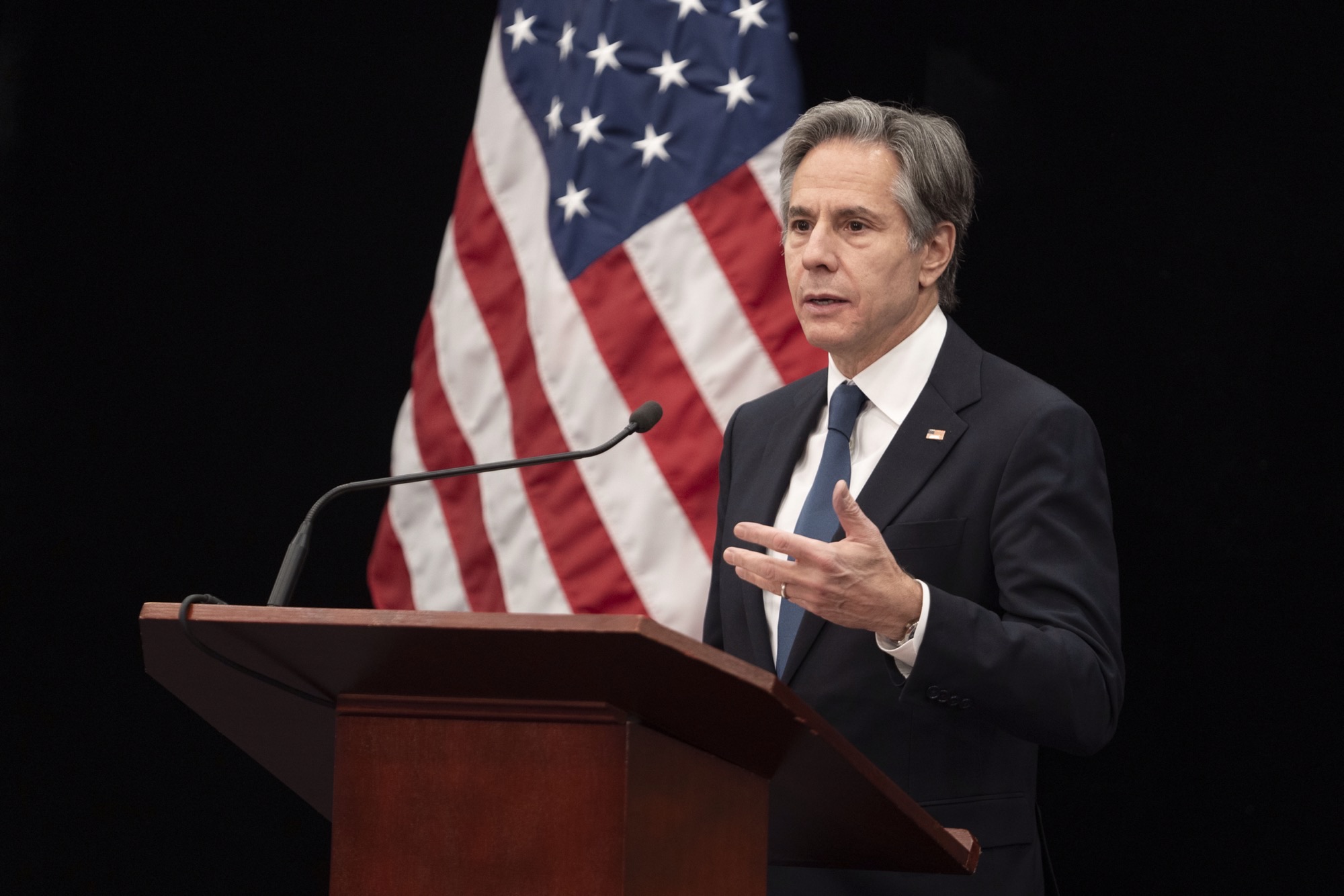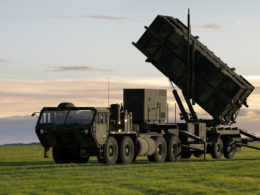As Ukrainian forces brace for a renewed Russian onslaught in the east, artillery shells delivered by allies provide much-needed aid, according to Czech Foreign Minister Jan Lipavsky. He says that this influx of much-needed ammunition is empowering Kyiv's troops to expend existing stockpiles more liberally, buoyed by the assurance of imminent replenishment.
In an interview on Monday in Prague, Lipavsky highlighted the tangible impact of a Czech-led initiative to procure approximately 800,000 shells from non-EU sources for Ukraine's defense.
"As we see, it already helps Ukraine to fight better, because they know that they will have a supply of fresh ammunition, which changed their perspective on usage of the current stockpiles," he stated.
The minister's remarks shed light on a critical lifeline for Ukraine as its forces confront dwindling ammunition reserves while fending off escalating Russian offensives. The Kremlin, undeterred by international sanctions, has intensified domestic production and forged new supply channels, including from North Korea, to sustain its military campaign.
Kyiv's resilience hinges on continued Western backing, even as a substantial $60 billion US military aid package remains stalled in Congress due to Republican demands on border security. The European Union's target of delivering 1 million shells to Ukraine has been pushed back until year's end.
The Czech ammunition initiative
, unveiled last month at the Munich Security Conference by President Petr Pavel, has garnered widespread NATO support as a stopgap measure. However, Lipavsky acknowledged its limitations, asserting, "We can do much more than the initially announced number," citing a potential volume of 1.5 million shells while emphasizing the plan's insufficiency to solely meet Ukraine's needs.
Funding for the initial deliveries must still be processed before the shipments commence their journey to the front lines. While some EU leaders have welcomed the plan, several major bloc members, excluding Germany's €300 million ($325 million) commitment for 180,000 shells, have yet to make concrete pledges.
Responding to inquiries about delivery timelines, Lipavsky refrained from providing specifics, although Ukrainian Foreign Minister Dmytro Kuleba earlier stated that stocks would arrive in the "foreseeable future" rather than months away.
The interview also addressed the recent concert terrorist attack in Moscow, for which the Islamic State claimed responsibility but Russian President Vladimir Putin insinuated ties to tensions between Russia and the West over Ukraine. Lipavsky condemned Putin's insinuation as a "huge shame," accusing the Russian leader of exploiting the atrocity for propaganda purposes almost immediately.
Reflecting on Putin's strategic calculations, the Czech minister posited that the Russian president might be holding out until the US presidential election in November 2024, anticipating a potential victory for Donald Trump that could bolster his position. "He believes, probably, that this will create a better position for him," Lipavsky stated, adding a stern warning: "And it's a clear guidance for us that definitely for the rest of this year, he will not back down."
As the war rages on, Ukraine's fortitude draws strength from the commitment of allies pledging vital ammunition flows, even as logistical and political hurdles persist. The Czech-led initiative represents a critical stopgap, empowering Kyiv's forces to confront the Russian onslaught with renewed vigor, underpinned by the assurance of imminent replenishment from the international community.
Why Ukraine urgently needs ammunition
Ukraine is facing a severe artillery deficit, with its needs nearly twice larger than what was available last year. In March 2023, it was estimated that Ukraine needed at least 11,800 shells per day (354,000 a month, or 4.2 million a year) to use its available artillery systems to full capacity, while nearly 20,000 shells per day (600,000 a month, or 7.2 million a year) were needed for full capacity usage.
Ukraine has started domestic production of artillery ammunition, particularly Soviet 152-mm ammunition, which is crucial for increasing Ukraine's artillery capacity. This domestic production is organized across multiple cities to avoid aerial attacks. However, the production capacity is still limited compared to the war demands, with estimates suggesting that Ukraine's industry is producing 1,000-2,000 shells per month, which is relatively small compared to other states' capabilities.




